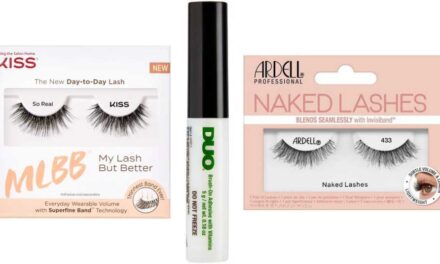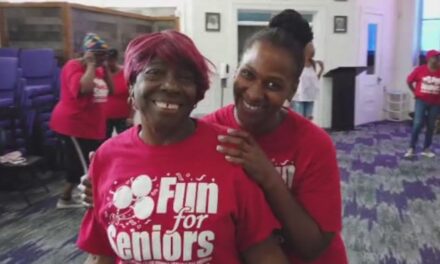This article has been updated since its initial publish date to include more expert insight.
As we age, our skin naturally loses its ability to stretch, and it produces less oil. Makeup artists suggest that anyone with mature or textured skin should skip powder foundation, as it has a tendency to sink into fine lines and wrinkles, thereby making them more pronounced. To achieve a softer, glowing, and healthier look, they recommend hydrating cream or serum foundation formulas instead.
We reached out to professional MUAs and makeup experts to learn more about these kinds of foundations and other helpful hacks for anyone seeking a more radiant, dewy and hydrated makeup look. Read on for tips, suggestions and insight from Mandie Brice, professional makeup artist and instructor, Alexis Chapman, pro MUA and expert at A1Artistry and Vivi Mintara, pro MUA and CEO of Eye Makeup Lab.
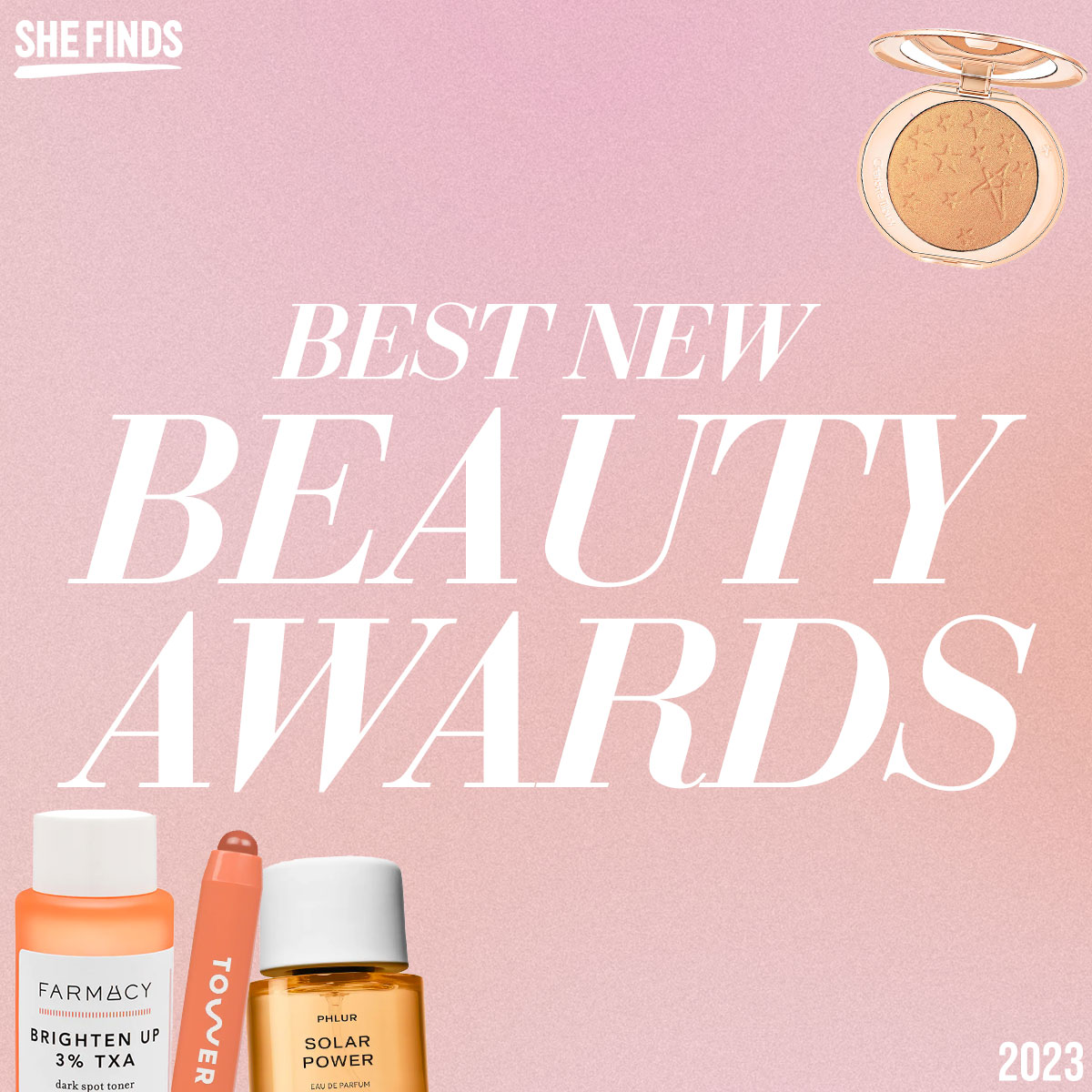
The 125 Best New Beauty Launches Of 2023
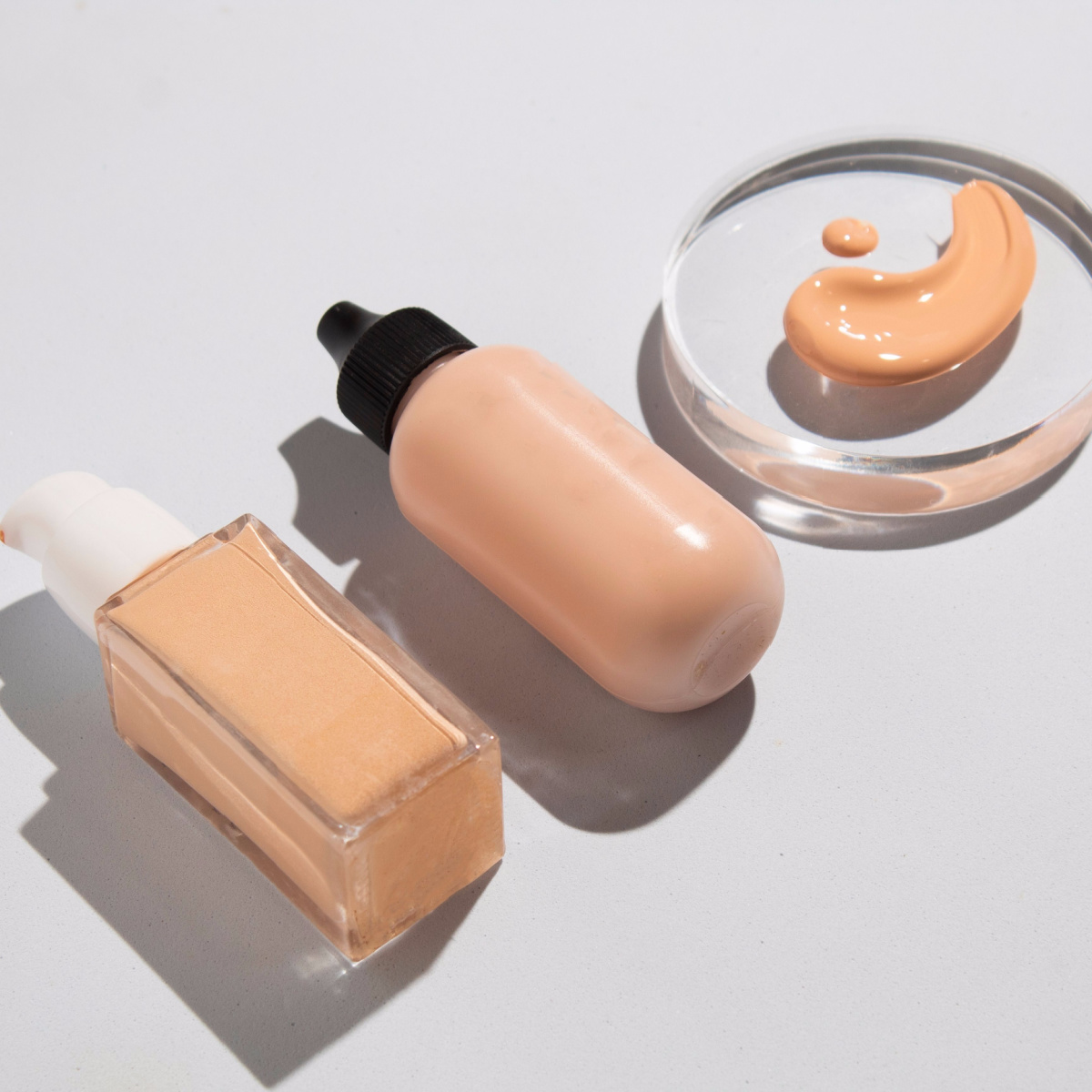
Shutterstock
Pro Tip #1: Always Choose A Cream or Serum Foundation
While wrinkles and fine lines are still beautiful reminders of natural aging, sometimes we desire makeup looks that make them less noticeable.
If you’re looking for a foundation type that instead highlights your bone structure and helps play up your features, a cream or serum kind is always a better choice than powder over 40, Brice explains.
“Skin with texture or wrinkles works best with a cream or serum foundation,” she advises, as anything drying can accentuate wrinkles.
Chapman agrees, and says that any of these foundations and tinted primers that have the word “hydrating” on them are great for aging skin.
This, she notes, is because skin loses moisture as it ages, often leading to cracking or patchy makeup. Before applying cream or serum foundations, she suggests adding a hydrating primer, firstly.
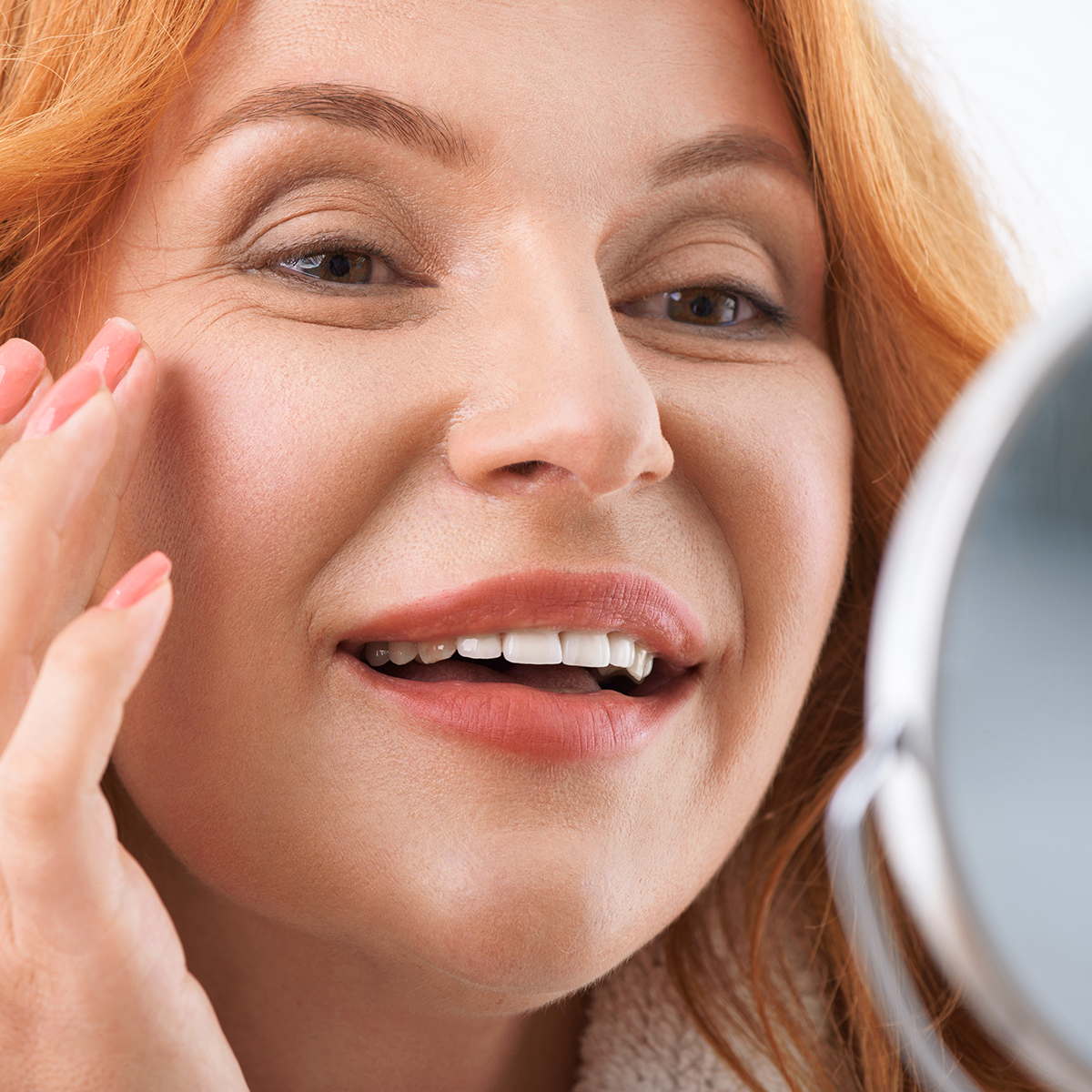
Shutterstock
#2: Always Use A Primer Before Foundation
With the help of this product, your liquid concealer and foundation will go on much smoother, and this won’t highlight any wrinkling, either.
“The best kinds of primers for textured and mature skin will be hydrating,” Chapman explains. She advises looking for primers that have “hyaluronic acid and retinol.”
“Skin prep is also a huge part of it,” Brice points out, so ensuring that you are cleansing, moisturizing and priming can “also help the foundation look better,” as well.
In addition, Brice notes that many people are in the habit of using powder as a last step, and they may not need it.
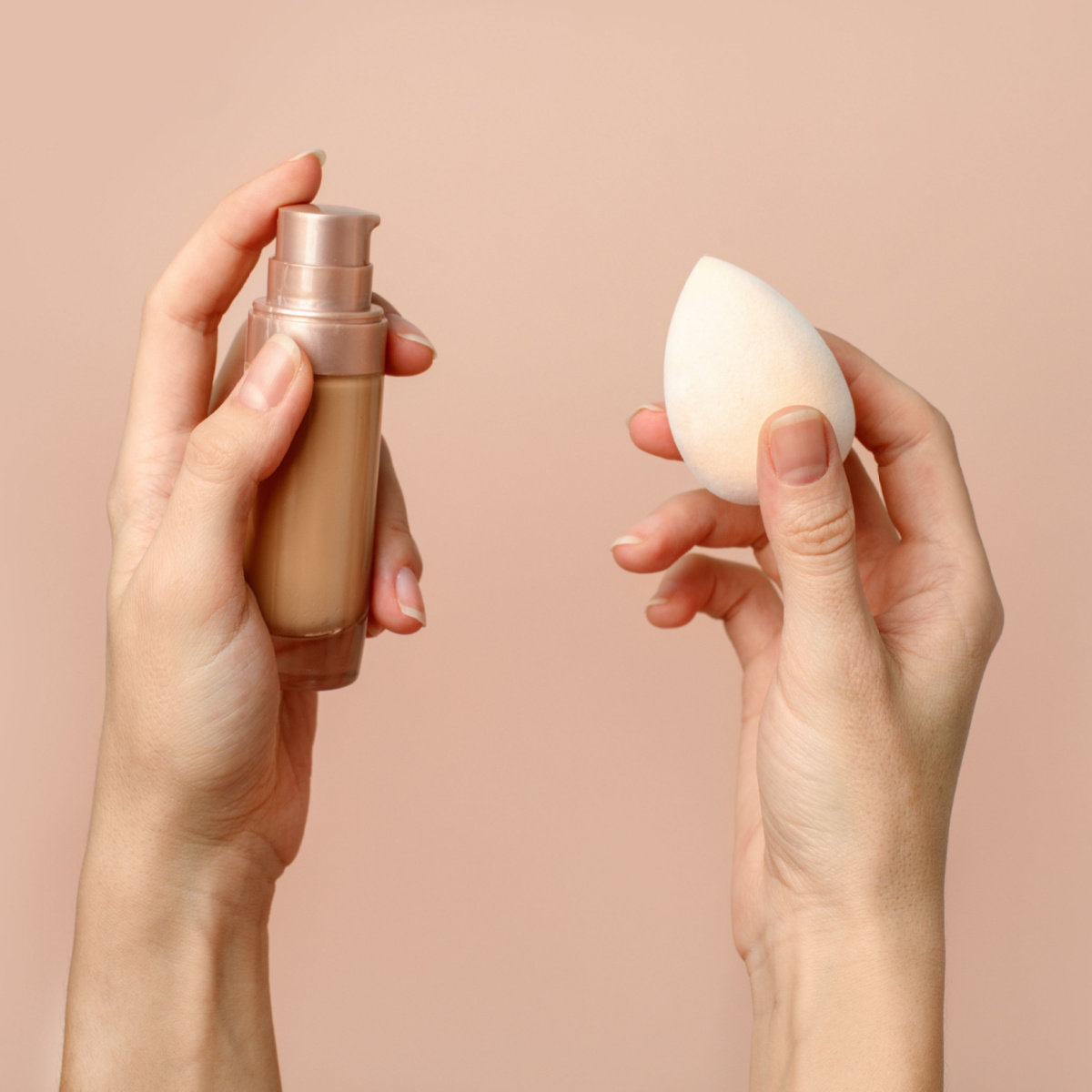
Shutterstock
“Our skin produces less moisture as we age, so we may not need powder to matte-ify and set anymore, but could be unnecessarily applying it,” again, as she stresses, “accentuating” the wrinkles. When it comes to makeup looks that crack, peel or just look dry, Brice says that the “main issue is when people use a foundation that is drying, like powder.”
To reduce the appearance of wrinkles and to create a smoother look, Mintara says that using primer after washing your face and before applying any makeup is essential.
“Priming your skin will not only fill in any fine lines and wrinkles, but it also encourages concealing products to stick to your skin in an even and long-lasting manner,” she says.
With primer, your foundation will “last for at least eight hours without the need for a touch-up,” she adds.
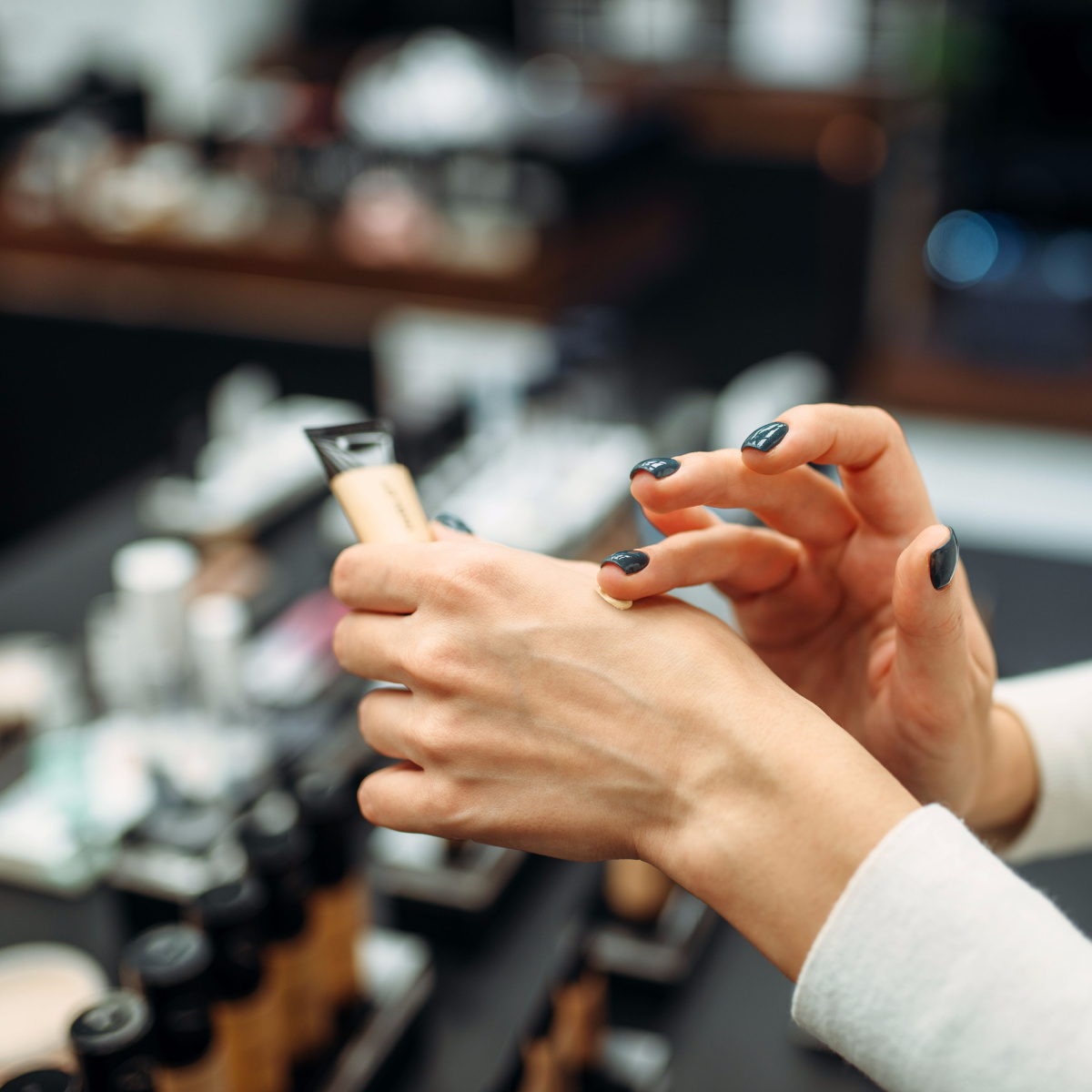
Shutterstock
#3: Look For Foundations With Vitamins
Chapman also suggests choosing a cream or serum foundation that contains vitamins. “The vitamins in general help in repairing the skin and improving elasticity, particularly, vitamin A (retinol) is a key ingredient in anti-aging products, and it’s great with fine lines and elasticity,” she notes.
“B vitamins are great for hydration and smoothing, vitamin C is great for hydration and brightening, and vitamin E is great for repairing the skin from age spots and sun damage,” she points out.
All of these ingredients “work together well in foundations and primers to provide that desired blurring effect to the skin,” she adds.
The more you know!



